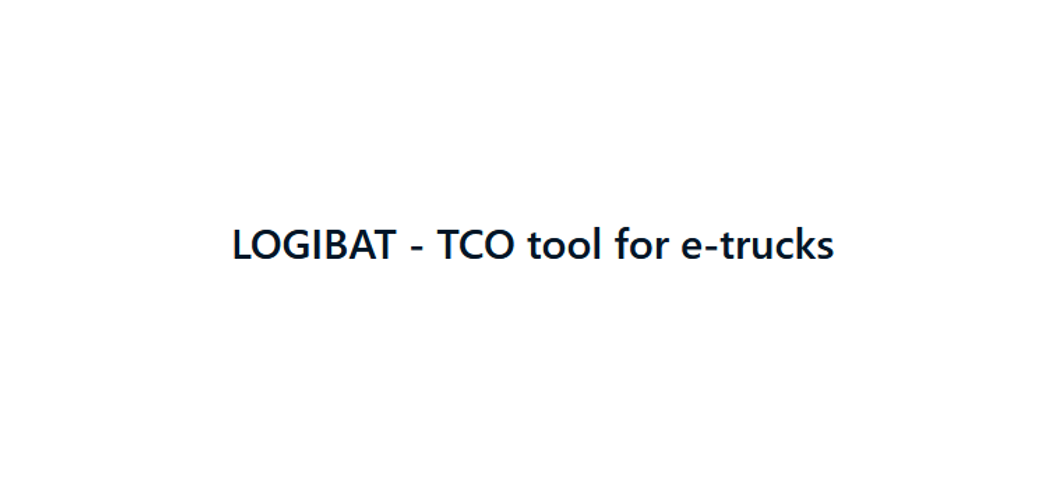
Road freight transport is moving towards a zero-emission future. In Logibat, VIL has investigated the operational and economic conditions to make battery-electric transport feasible, and which requirements would enable a rollout of a nationwide charging network.
With the spectacular development of battery technology, the battery-electric vehicle on the road can make a cost-effective and substantial contribution. Moreover, increasingly stringent regulations and the growing pressure for sustainability are forcing the logistics sector to think again.
Truck manufacturers indicate that the pioneering phase is over. They are taking their first steps towards series production. Battery technology is becoming increasingly powerful and heavy-duty battery-electric trucks with a driving range of several hundred kilometres are already a reality. Considering the beneficial price development, this technology has the potential for a quick breakthrough. At the same time, “gigantic battery factories” are rapidly being set up in Europe. Not only do the major truck manufacturers offer electric versions of their vehicles, but newcomers are also competing for the electrification of freight transport.
GOALS
To prepare the Flemish transport sector for the application of battery technology to achieve emission-free goods transport by road.
VIL investigated the operational and economic conditions to make battery-electric transport feasible and what requirements are needed to roll out a nationwide charging network; at shippers, depots, and (semi-)public stops. This ecosystem requires new business models. Subsequently, the project explores the role of logistics companies in the charging infrastructure network. In addition, the potential for Catenary Solution in Road Systems within Flanders has also been studied.
RESULTS
· Electric trucks are no longer a distant future but are gradually becoming a reality. At a minimum, they will play a substantial role in all segments of our freight transportation and will cause an unprecedented revolution in the transportation sector.
· The transport, energy, and government sectors must join forces.
· Operationally, electric driving requires a new way of working. Charging must be integrated into operations.
· The transport and energy sectors must improve their collaboration. For example, transportation companies must fundamentally change their approach to purchasing energy. In addition, the necessary infrastructure will have to be in place in the right places in time to ensure sufficient electric power.
· Energy suppliers can also help the transportation sector obtain electricity cost-effectively.
· The government must provide a framework that allows these objectives to be realized, such as adjustments to driving and rest periods.
In collaboration with VUB, a TCO tool was developed that provides insight into the Total Cost of Ownership of a battery-electric truck versus a diesel vehicle.

